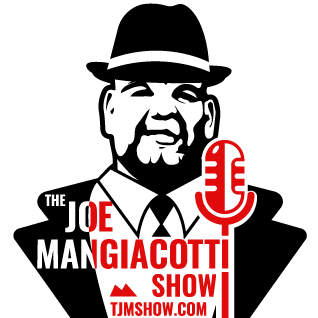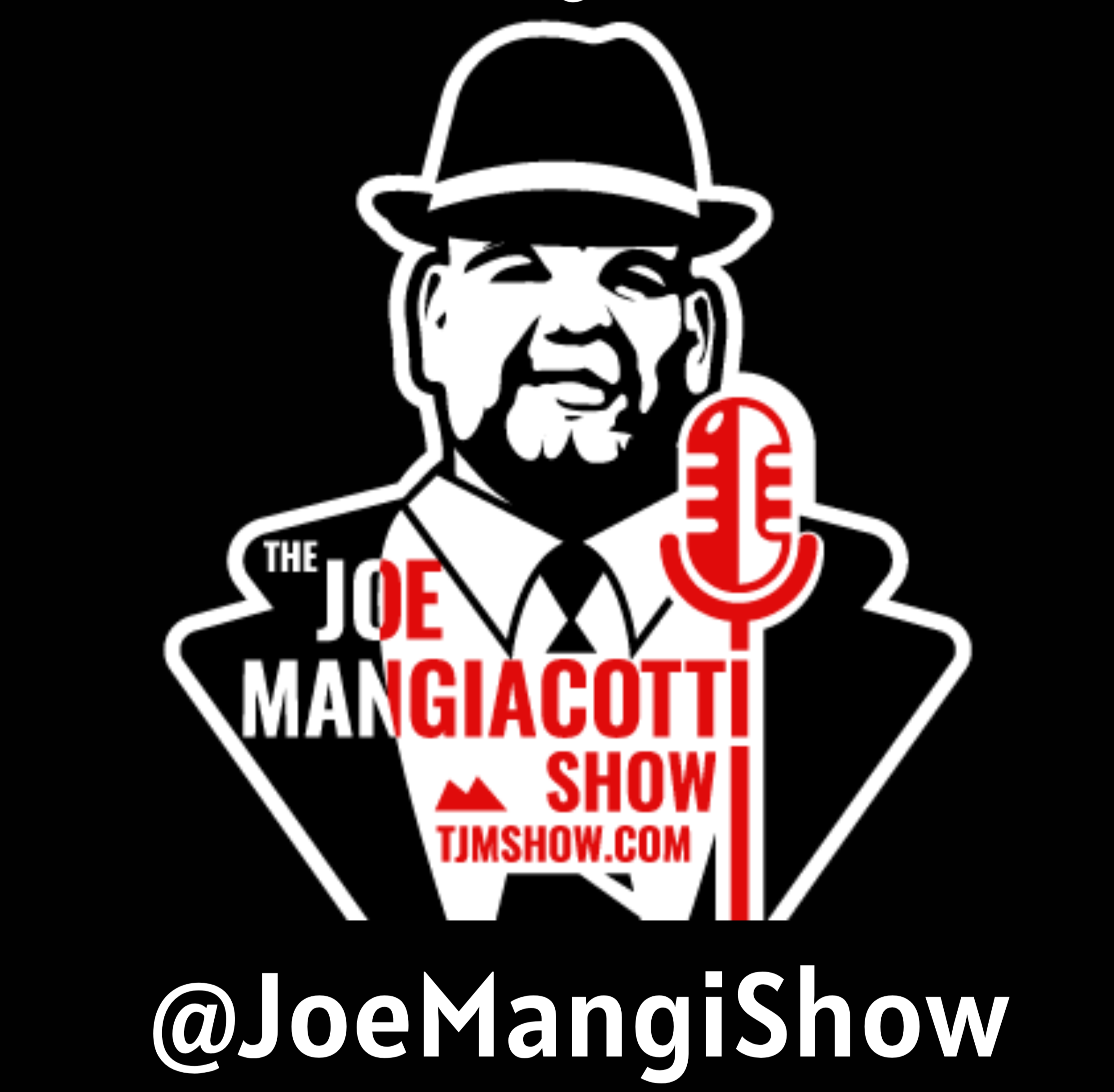Good morning, everyone, and welcome to The Peter Blute Show, I’m Joe Mangiacotti filling in today. We have a packed program this morning, so let’s dive right into the stories shaping our country and the world.
We start with a grim reminder of the global human tragedy that too often escapes public attention. Authorities in Mexico recently captured a cartel-linked trafficker known as La Diabla — the She-Devil — who allegedly ran a network that lured pregnant women under false pretenses, forced illegal surgeries, and sold newborns, with evidence suggesting organ harvesting. This horrific case, tied to a Los Zetas offshoot, exposes the brutal reach of organized crime in the region and underscores the urgent need for cross-border cooperation in law enforcement. It’s a stark illustration of what happens when sovereign borders fail to protect the most vulnerable.
Turning closer to home, the crisis of migrant children continues to unfold. Recent reporting confirms that thousands of children have gone missing in U.S. custody under the Biden-Harris administration, with investigations showing some ended up in the hands of traffickers and criminal enterprises. Former ICE and border officials have been actively recovering these children, highlighting both the depth of the problem and the challenges facing our nation in enforcing law and protecting the innocent while respecting due process. The lessons here are clear: open borders without rigorous enforcement and accountability create real-world human suffering.
On the international trade front, the Trump administration has reached a framework agreement with China over rare earth and critical minerals. This deal, while not fully binding yet, signals a cautious reopening of exports from China in exchange for suspensions of certain tariffs. Rare earth minerals are vital for defense, electronics, and green technology. From a constitutional and strategic perspective, this underscores the ongoing tension between free markets, trade sovereignty, and national security.
The U.S. remains dependent on foreign sources for strategic materials — and the negotiation reflects the balance between diplomacy, economic leverage, and protecting national interests.
Meanwhile, U.S. forces conducted a strike in the Caribbean targeting a suspected drug-smuggling vessel tied to the Venezuelan criminal group Tren de Aragua. Six individuals were killed in the strike, part of an ongoing series of interdictions under the Trump administration’s counter-narcotics campaign. The use of military power in international waters raises serious questions about war powers, jurisdiction, and accountability, as well as the balance between decisive action and constitutional oversight.
Domestically, political and legal drama is unfolding as New York Attorney General Letitia James faces a federal mortgage fraud indictment in Virginia. She is charged with allegedly misrepresenting the status of a property she purchased to secure favorable mortgage terms, a claim she denies.
The case raises questions about prosecutorial authority, selective enforcement, and how we hold public officials accountable while respecting due process. High-profile prosecutions like this are rare, and they naturally spark debate about fairness, political motivations, and the limits of executive power.
Finally, in a story blending cultural politics with symbolism, U.S. Deputy Defense Secretary Pete Hegseth’s Christian-themed tattoo has been scrutinized as “white nationalist” by critics — a label that contrasts sharply with how a recently exposed Nazi-era tattoo on a Democratic political operative has been downplayed. This double standard highlights the dangers of selective outrage, identity politics, and symbolic policing in our public discourse. It reminds us that labels and accusations often reflect more about political biases than about substantive truth.
Taken together, today’s news reflects a common thread: the consequences of power — whether criminal, political, or bureaucratic — are most acutely felt when accountability, sovereignty, and the rule of law are compromised. From cartels and human traffickers, to migrant policy failures, to the tension between diplomacy and economic independence, and the scrutiny of our own leaders, the central question remains: how do we ensure that authority is exercised responsibly, ethically, and in service of the public good?
Over the next hour and a half, we’ll unpack these stories, analyze the constitutional and policy implications, and take your calls to hear your perspectives. The stakes are real — lives, liberties, and the very framework of law and order hang in the balance.

